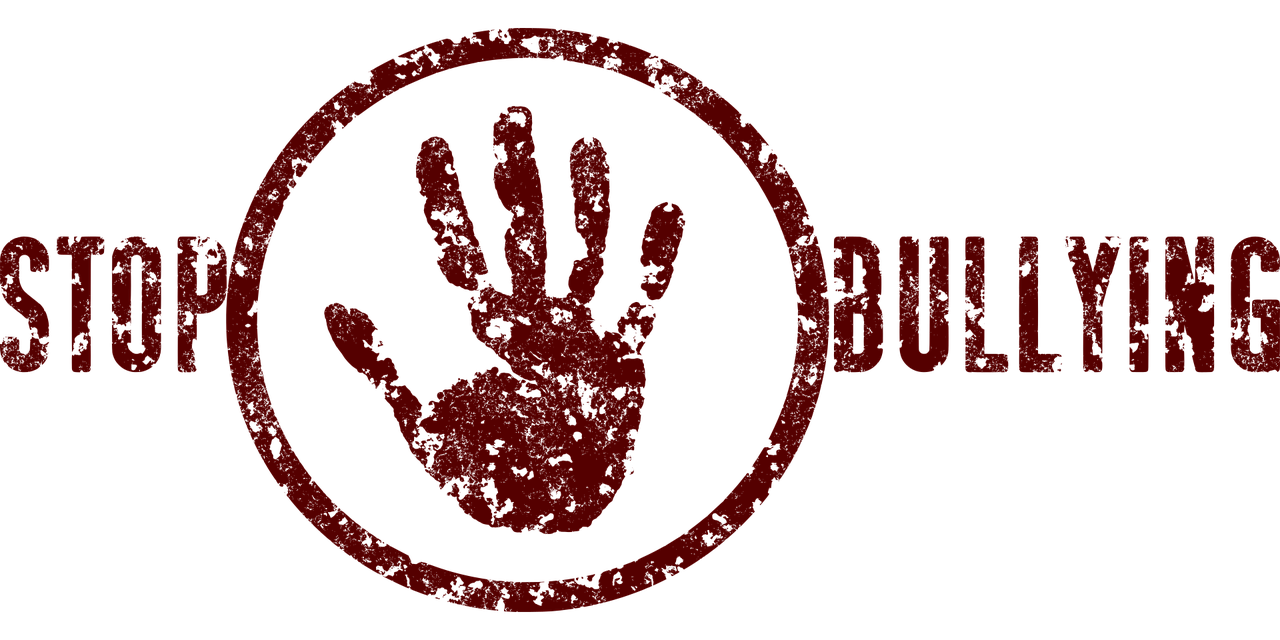Bullying in classrooms and playgrounds is a hot topic right now. People all over the country are discussing ways to stop it from happening and how to help the victims. While everyone is quick to discuss childhood bullying, there is another type of bullying affecting people all over the country that no one seems to want to talk about–workplace bullying.
Called a silent epidemic by many, studies show that as many as 54 million Americans have been bullied at some point while at work. However, 40% of those targeted never tell their boss. Bullying is four times more prevalent than discrimination, but yet there are laws in place to protect employees from discrimination. No laws exist to protect employees from bullying. With no laws to protect them and employers that do not seem to discourage bullying, people prefer not to discuss that they are being bullied.
It is very important that management in every company works to eradicate bullying from its company culture. Not only does it cause problems among employees, it also costs time and money. Bullying leads to high turnover, low productivity, loss of sharing ideas and creative thinking, and can harm the company’s reputation. The following are important facts that employers should know about bullying:
Health Effects
Bullying has been proven to negatively affect the health of those targeted. 45% of people that are bullied suffer from stress-related health problems. These include:
| Emotional stress | Digestive issues | High blood pressure |
| Low self esteem | Insomnia | Depression |
| Anxiety | PTSD | Trouble in relationships |
When employees are experiencing these health problems, they tend to miss more work and when they are at work, productivity is low.
Ways People Bully
There are numerous ways a bully can torture a target at work. Approximately 70% of workplace bullies are supervisors. The following are things that employers should watch for during interactions between all employees, especially managers and those under their supervision:
- Verbal abuse, shouting, swearing
- Unjustified criticism or blame
- Purposeful exclusion from activities
- Ignoring work and ideas
- Humiliation, embarrassment
- Practical jokes
The best way for an employer to protect employees is awareness of how employees are interacting with each other. Bullying patterns in employee exchanges may indicate that a person is a repeat offender of some of the above list, if not all.
Strategies for Curtailing Bullying
Employers should take several steps to creating a bully-free workplace. The first step is to meet with a business attorney to develop an anti-bullying policy. Next, it is important to provide employee education and awareness. Train managers to watch for the signs and symptoms of bullying, and instruct managers regarding how they can help protect employees. Educate all employees about the company’s stance on workplace bullying. Make sure to impress upon employees that the company sincerely wants to know if they are being bullied and that steps will be taken to mediate the situation. It is vital that employers not create a hostile work environment by unwittingly rewarding bullies. Employers should treat all bullying claims seriously. Investigation and documentation of claims is very important.
About 20% of bullying turns into harassment. Once it reaches that point, the employee being targeted can sue the company. By creating policies that work to prevent bullying, a company can protect itself and its employees.
Sources:
- Conflict Management at Iowa. (December 14, 2010). The University of Iowa. Retrieved April 29, 2013 from
- https://www.uiowa.edu/~confmgmt/tencharacter.shtmlResults of the 2007 WBI U.S. Workplace Bullying Survey. (n.d.) Workplace Bullying Institute.
- https://www.workplacebullying.org/wbiresearch/wbi-2007/Workplace Bullying. (n.d.)Bullying Statistics. Retrieved April 29, 2013 from https://www.bullyingstatistics.org/content/workplace-bullying.html
Revolution Law Group is located in Greensboro, NC, and serves individuals and small businesses throughout the Triad and surrounding areas. To contact us please visit Revolution.law or call 336-333-7907.
The information included here is for informational purposes only, is not exhaustive of all considerations when creating documents, is not intended to be legal advice, and should not be relied upon for that purpose. We strongly recommend you consult with an attorney and do not attempt to create your own documents.

